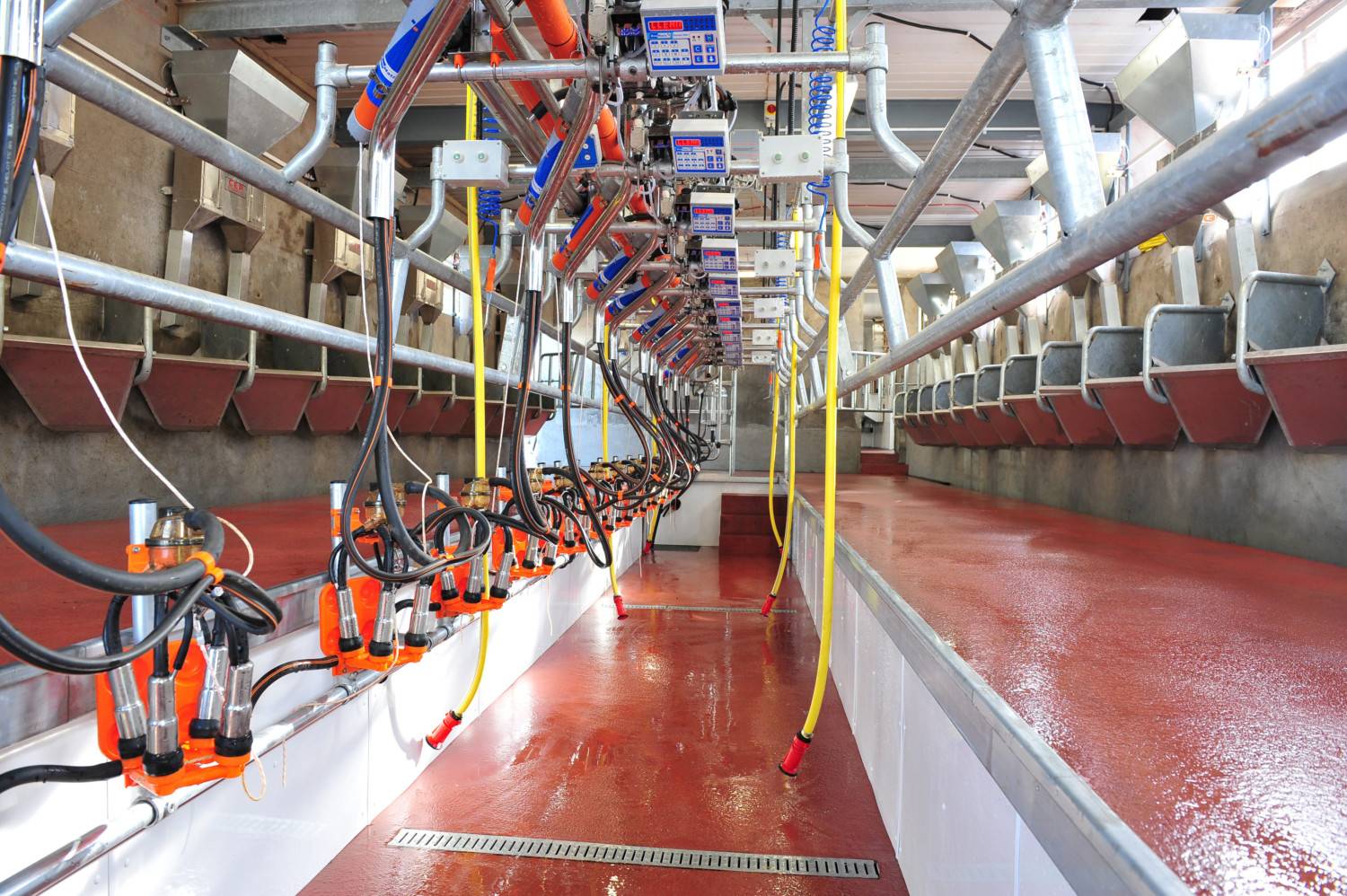Friday, 27/02/2026 | 14:07 GMT+7
Energy costs may only represent a small percentage of turnover in farming, but reducing them can directly increase profits and competitiveness. At a national level we need to improve our energy security by reducing our dependence on imported fossil fuels. Energy efficiency is the first step you take to reduce your energy bills. You carry out an energy audit on your unit to identify any savings that can be made by doing things differently.
Once these savings have been made then the renewable energy options can be considered. High energy prices are not going to go away. Dairy farms for example have a heavy reliance on electricity, mostly for collecting and cooling milk, heating water and lighting. This provides many energy-conservation opportunities.
A cut in energy costs ultimately results in the same bottom line benefit as an increase in sales. Lighting, heating, including grain drying and water heating, ventilation, air circulation and cooling/refrigeration are the largest users of energy on farms. There are a number of measures which could be adopted in order to help save on energy use, including:

• Energy Control Systems: Make sure that all energy control systems are set properly to ensure that energy is only being consumed when required. This includes all timers and thermostats. Systems such as compensatory control or optimum start controllers can help stabilise temperatures and they are programmed to regulate heat output depending on weather conditions.
• Lighting: There are a range of lighting options available from fluorescent tubes, compact fluorescents, high pressure sodium, metal halide and light-emitting diodes (LED). These vary in length of life and electricity usage. LED's, fluorescent strips or sodium lamps should be fitted for best efficiency. Daylight sensors and occupancy sensors should also be considered.
• Insulation: Pipework and buildings should be insulated, hot water tanks lagged. This would be most necessary in farm buildings where temperatures would be critical such as pig farrowing units or poultry units.
• Servicing: Make sure to service boilers regularly otherwise they reduce in efficiency. Fuel savings of 10pc per year can be achieved with regular boiler servicing. Pipework, compressors and motors require regular servicing.
• PVC Curtains: The installation of PVC curtains or automatic self-closing doors can reduce heat losses in cold stores.
• Monitor: The best way of knowing where you are losing money on energy is to monitor your electricity bills and observe what machines and systems which are the largest energy consumers on your farm. You can then monitor the effectiveness of the energy savings deployed.
• Energy Efficient Technology: Pre-cooling of milk in-line by well or mains water before it enters the tank has a number of advantages. A variable Speed Drive (VSD) on the vacuum pump is able to adjust the rate of air removal from the milking system by changing the speed of the vacuum pump to equal the rate of air admitted to the system.
A VSD can give savings of over €400 per annum. Pre cooling through plate meters can halve the cooling costs. Under floor heating pads in farrowing units instead of using infrared bulbs and the use of variable speed fans for ventilation will improve efficiency.
The majority of farmers have a good idea of how much they spend annually on both heat and electricity but very few, record accurately and monitor their on-farm energy consumption on a regular basis.
These work by communicating directly with your energy supplier, so the company will always have an accurate meter reading. Smart meters can work in a variety of different ways, including using wireless mobile phone type technology to send data. An expected national rollout of smart meters will improve energy recording and farms will most likely make significant savings by using such tools.
The potential savings will be most significant in the more energy-intensive businesses such as pigs, poultry, horticulture, dairy units and farms which are heavily reliant on electricity for cooling or refrigeration.
Anh Tuan








 Consultation on the methodology for developing and updating energy consumption standards for four major industrial sectors
Consultation on the methodology for developing and updating energy consumption standards for four major industrial sectors
 Opening of the 2025 Energy-Efficient Equipment and Green Transition Exhibition Fair
Opening of the 2025 Energy-Efficient Equipment and Green Transition Exhibition Fair
 Energy-saving solutions and green transition promotion
Energy-saving solutions and green transition promotion
 The 9th VEPG Steering Committee Meeting: Strengthening Coordination for Viet Nam’s Just Energy Transition
The 9th VEPG Steering Committee Meeting: Strengthening Coordination for Viet Nam’s Just Energy Transition